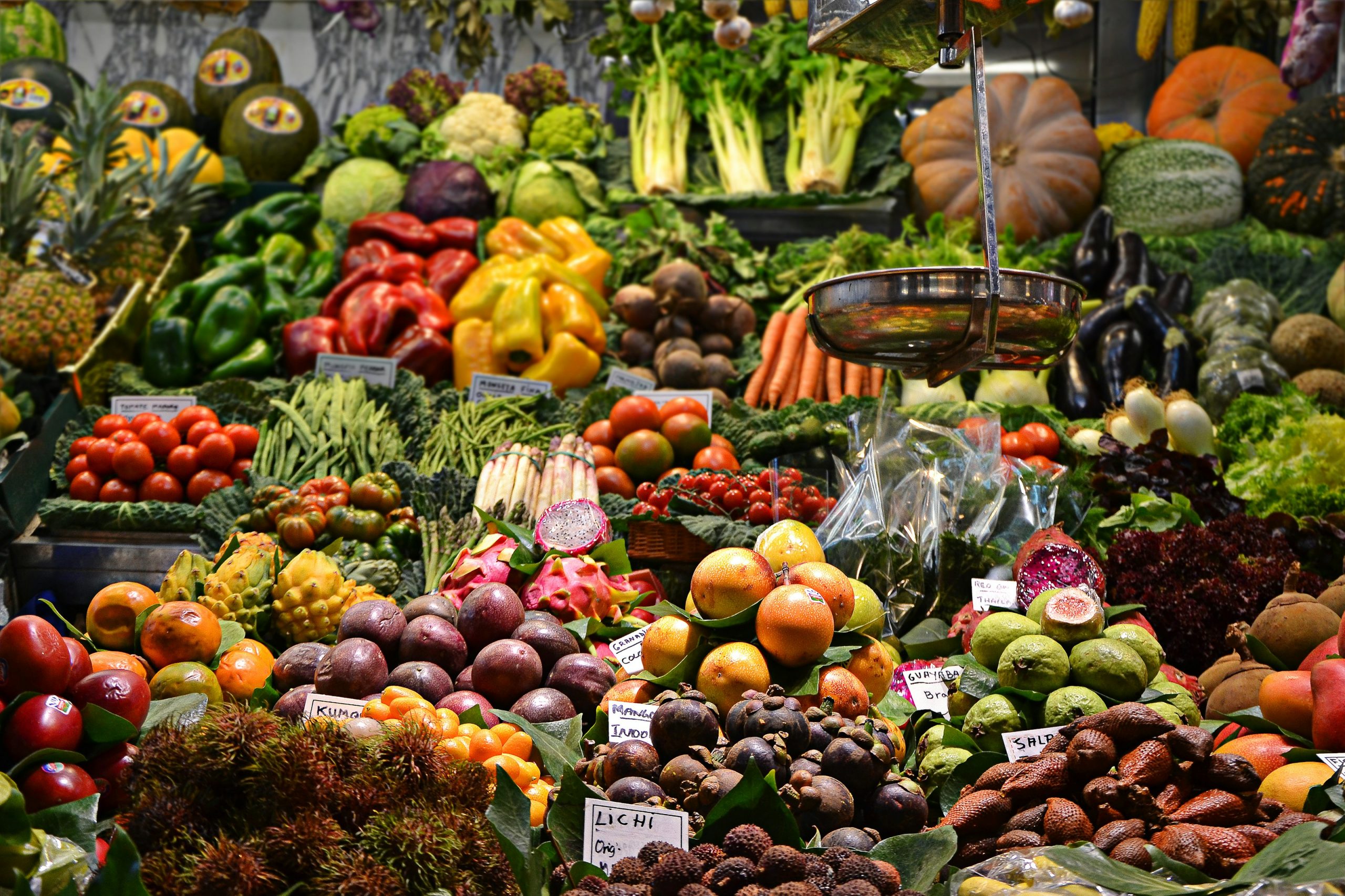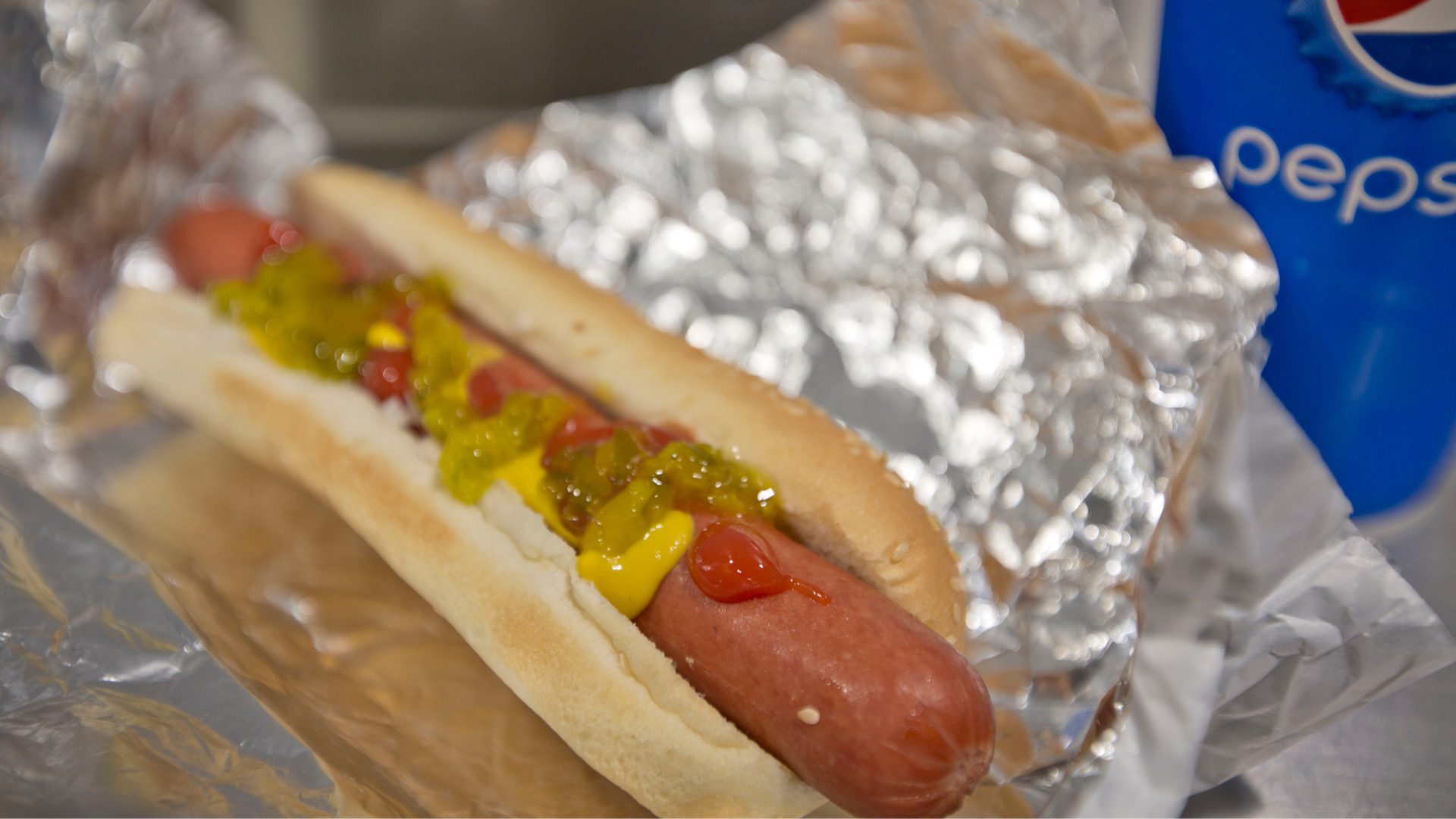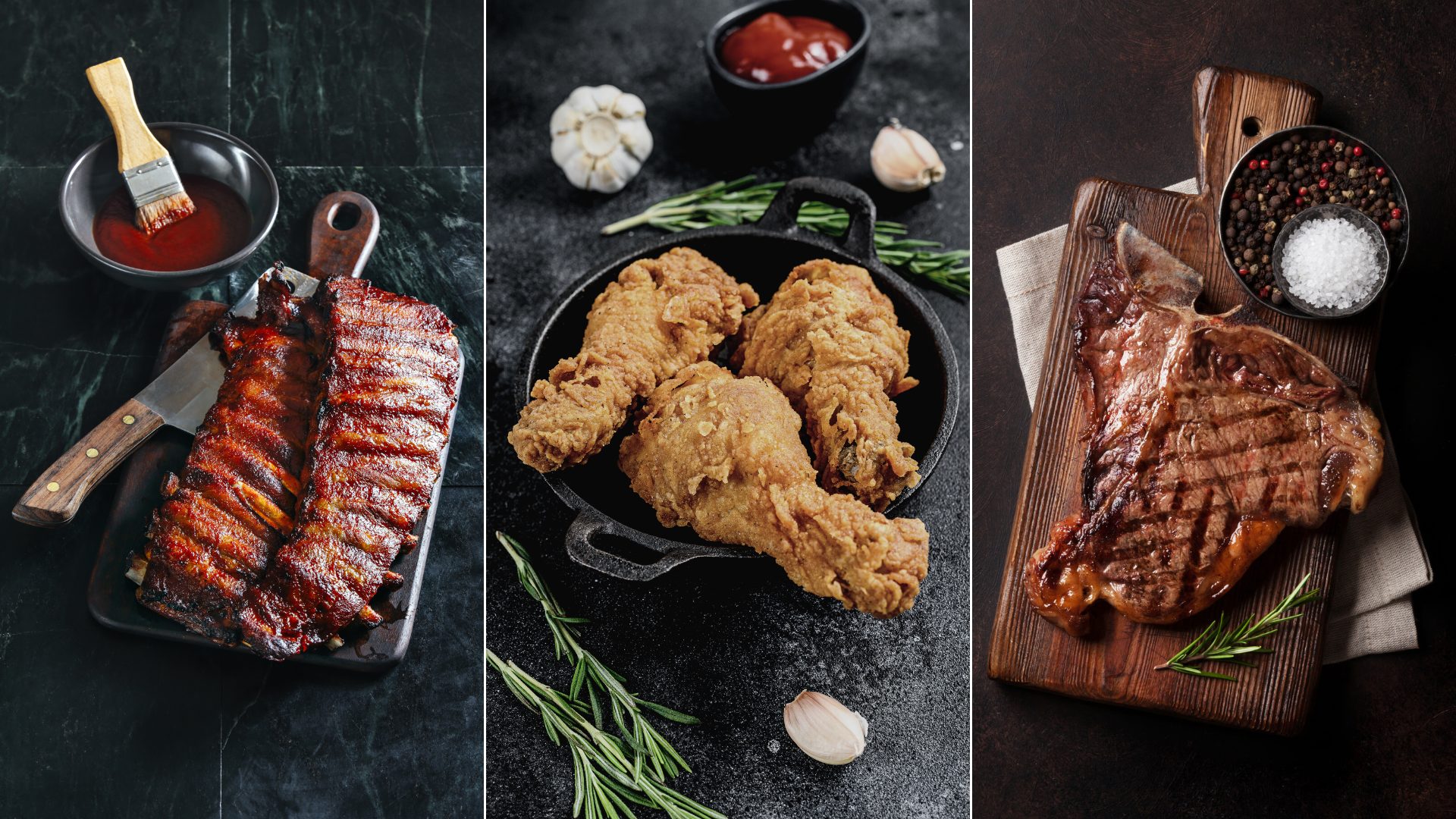Consumers today are fed up with surging food costs and a challenged U.S. economy, creating the space for private label offerings to thrive.
In a recent webinar from The Food Institute titled “The Power of Private Label: How Store Brands are Transforming Food Retail,” PLMA President Peggy Davies and managing director of CBIZ’s food and beverage services group Louis Biscotti discussed why the segment is growing and what’s ahead in 2025.
Private label continues to gain market share, ending 2023 at 19%, but slated to jump to 24% by 2030, according to data from PLMA. Much of this growth is fueled by consumers’ improving impressions of these offerings: 44% believe store brands offer a good value for their money and 35% note that store brand products are equal to or higher quality than name brands, according to a recent survey from Nielsen IQ.
“Store brands are finally receiving the recognition they deserve in the media. Analysts now describe them as valuable corporate assets, noting their importance in driving retailer growth and consumer loyalty,” said Davies.
“For both savvy consumers and discerning retailers store brands have become the smarter choice.”
Biscotti agreed, adding that economic factors have created the need for retailers to improve their margins, a gap that private-label items fill. Moreover, he explained how a gradual trend of brand erosion has made people more interested in trying private-label products. No longer do consumers pick the products that were working for them before, they’re now more likely to think critically about their choices while in the aisle.
“Each retailer has to have three levels of products today: a premium, a low-cost, and a special kind of product, like organic, international, etcetera,” said Biscotti. Modern consumer-centric mechanization factors are platforming store brands in nearly every grocery category.
Private Label in 2025
Retailer competition in the space is heating up, noted Biscotti, referencing M&As, store closings, and an overall shifting market. As a result, private label manufacturers are likely to continue to get creative to continue gaining market share. He added that snacking and frozen categories are particularly primed for growth.
In a conversation about the future of store brand competition, Davies emphasized that both private label and national/specialty brands must coexist to ensure a healthy marketplace.
“We need them,” Davies said. “They sometimes have a way to invest that our [private label manufacturers] don’t have. They bring some innovation to the market, and we are fast followers.” Moreover, private label companies have invested heavily in research and development to include more unique ingredients that consumers wouldn’t necessarily think to choose otherwise.
To learn more about how the segment is affecting the grocery landscape, click here to watch the webinar recording on demand.
The Food Institute Podcast
Is it possible to balance a legacy brand and innovative ideas for a food company? Bibie Wu, chief communications and technical development officer with Del Monte, shares how her company respects its past while looking to the future, and how her dual roles in marketing and product development inform each other and improve the company.












